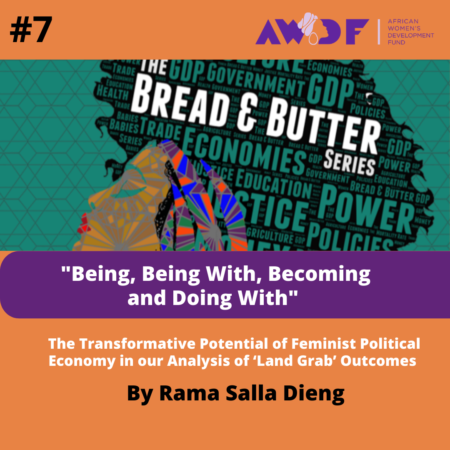
There has been growing concern across Africa by activists and policymakersalike around the question of land rushes (especially after the 2007-2008 land rush) often framed as “land grabs” (see Oya 2013b, Dieng 2017), and their implications for local communities. This “global land rush”n,emerged in the turbulent context of socioeconomic and political transformations. While the drivers, scale and actors in this renewed interest in land (and labour) are still contested, a body of knowledge interested in its differentiated impact and outcomes, as well as political reactions to these deals, is still growing (Hall et al 2015). It is important for us to consider however that land deals “do not occur in a socio-economic or political vacuum” (Oya 2013b: 1550). They are interventions connecting capital with labour with previous and ongoing dynamics of place-making resulting in uneven, unfinished processes of social change. Not only do land deals re-shape the places in which they
occur, they are also an expression of capitalist expansion across the globe. Feminist, postcolonial and decolonial scholars have contributed to acknowledging that mainstream models with their limited interpretation of ‘the economic’ are grounded in gendered cultural values and norms, though the recognition of this has been late and partial (Barker et al 2003, Pollard et al 2011, Zein-Elabdin 2016).
This article compares two case studies¹: an export horticulture estate and a scheme funded by an international financial institution in communities based in the delta of the river, in Northern Senegal. These communities are experiencing the boom of commercial horticultural farming and rural labour markets after the 2007-2008 land rush whose effects sediment with and build on previous dynamics of social differentiation. In this article, I challenge the tendency to over-focus on either narratives emphasizing dualisms such as ‘insiders vs outsiders’ or prioritising economic (and gendered) outcomes of ‘land grabs’.
